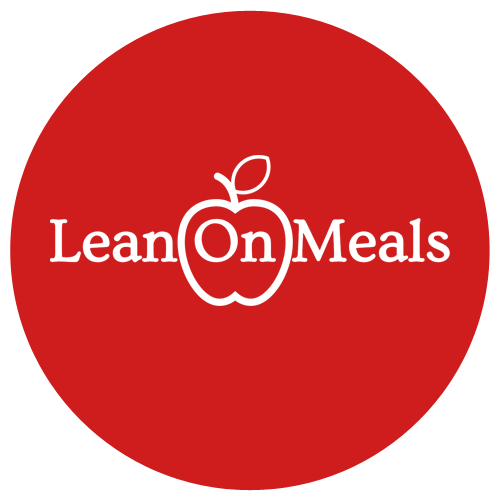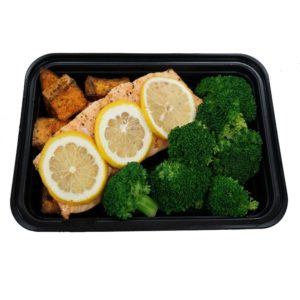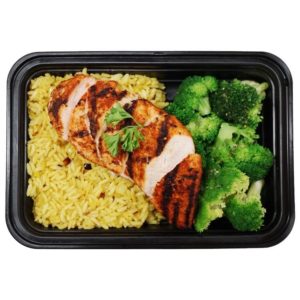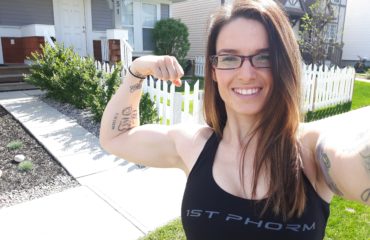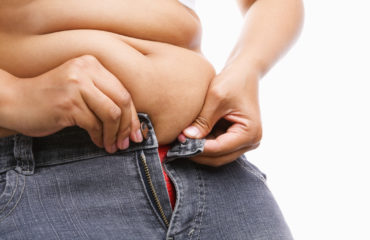Micronutrients: What they are, and why they are Essential.
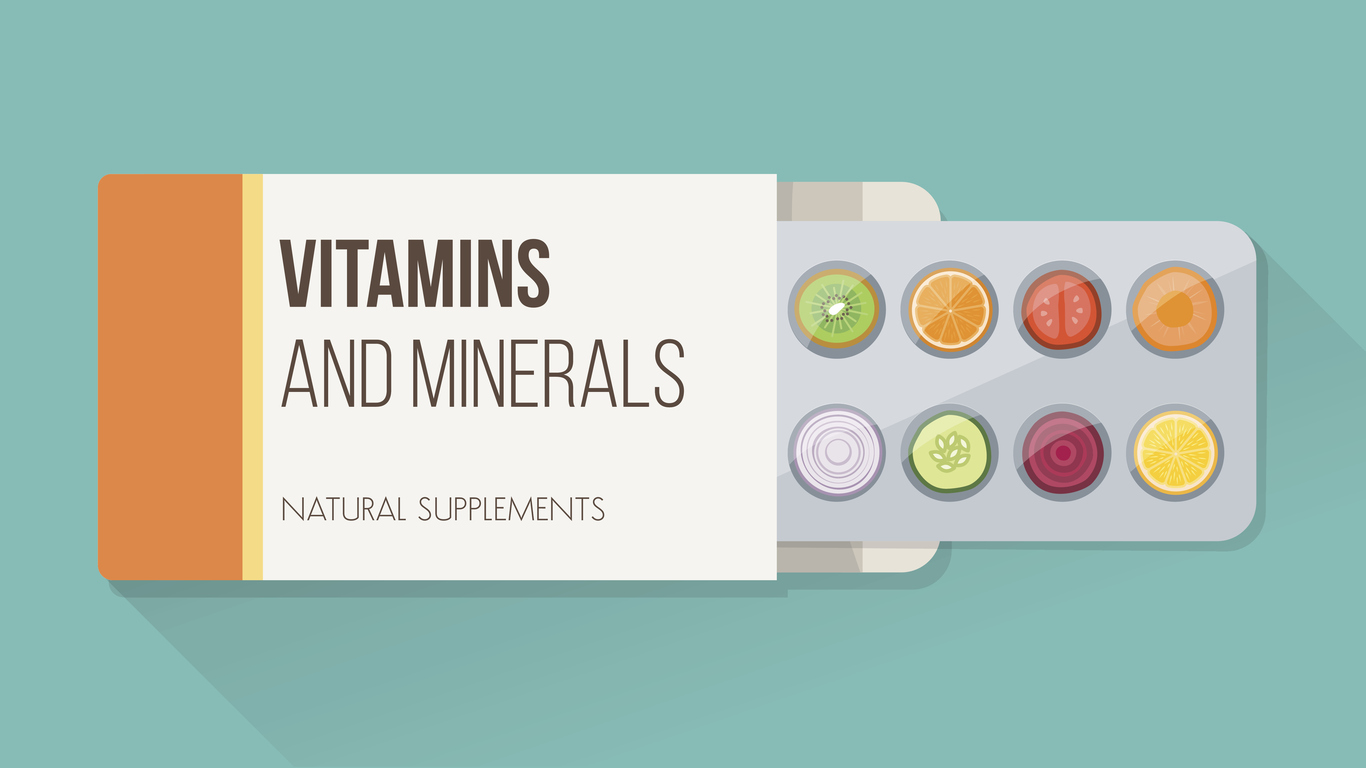
Micronutrients are essential nutrients that the body needs in order to drive chemical reactions to keep the body functioning properly. It is important to supply the body with the correct vitamins and minerals throughout the day. This can be especially true if you are engaging in exercise, or have a demanding lifestyle.
Here is what you need to know:
Micronutrients can be divided into two categories:
- Vitamins – organic compounds that can be broken down by heat or acid
- Minerals – chemical elements
Why do you need micronutrients?
The body relies on chemicals reactions to perform many functions. If we starve the body of micronutrients, overtime the body will stop functioning properly. This can lead to breakdown and disease. Think of micronutrients as the tools that the body needs to maintain itself, and to carry out its daily processes. These processes include:
- Converting food into energy
- Repair cellular damage
- Build up bones
- Heal wounds
- Support the immune system
The body heals itself when it is damaged. When damage accumulates, without proper functioning bodily processes, injury and disease can occur. This is due to lack of micronutrients which over time can cause impaired function of organs.

Micronutrient density of foods
Eating nutrient dense foods increases the bioavailability or absorption of nutrients. Whole unprocessed foods are much higher in micronutrients. Research shows that the nutrient status of our foods is substantially impacted by the storage, time and temperature of processing, and product composition. When we think of eating healthy, we think of our mothers’ telling us to “eat your vegetables”. Vegetables contain high amounts of nutrients. This is due to plants absorbing and storing minerals from the soil. These plants can be eaten in the form of fruits and vegetables. The intake of a variety of fruits and vegetables in your day can supply your body with most of the vitamins and minerals that we need to function optimally.
More information on the effects of processing on bioavailability is available HERE
What foods are high in micronutrients?
Vegetables: Broccoli, Carrots, Peppers
Nuts and seeds: Brazil Nuts, Almonds, Chia Seeds, Sunflower Seeds
Fruit: Apple, Kiwi, Blueberries
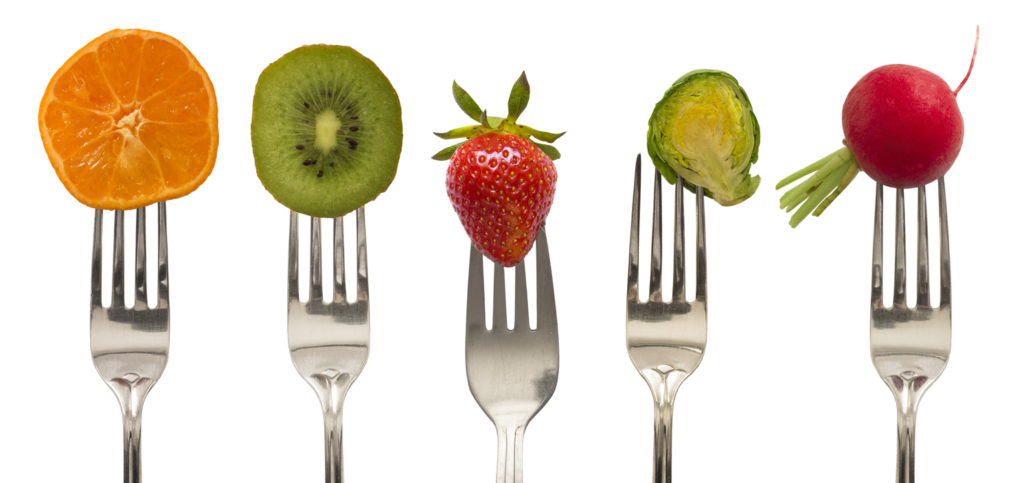
How to plan a micronutrient rich diet
Eating whole foods is just the starting point when it comes to making sure that you have a balanced diet that is high in micronutrients. Taking this a step further, you need to look at your daily recommended intake of each micronutrient. This will help you determine which foods you need to be eating each day. Do this and you will ensure that you are providing the body with the proper amounts of each nutrient, to properly maintain bodily functions.
Here is an example of how to plan your diet based on micronutrients:
| Vitamin | Foods | ||
| Vitamin C | Broccoli | Kiwi | Lemon |
| Vitamin A | Yam | Carrots | Red Peppers |
| Vitamin K | Brussel Sprouts | Broccoli | Asparagus |
| Mineral | Foods | ||
| Calcium | Dark Leafy Greens | Milk | Cheese |
| Iron | Squash | Pumpkin Seeds | Beef |
| Magnesium | Beans | Brown Rice | Quinoa |
How to supplement micronutrients
We live busy lives, which makes it difficult to have enough variety in our diets to ingest proper amounts of micronutrients. Supplements can be used as a way to ensure that your body is getting the proper amount of a specific micronutrient daily. Micronutrient supplements are readily available at your local grocery or nutrition store. One thing to note when taking supplements is that absorption of a nutrient dramatically decreases when taken in pill form versus from a whole food source.
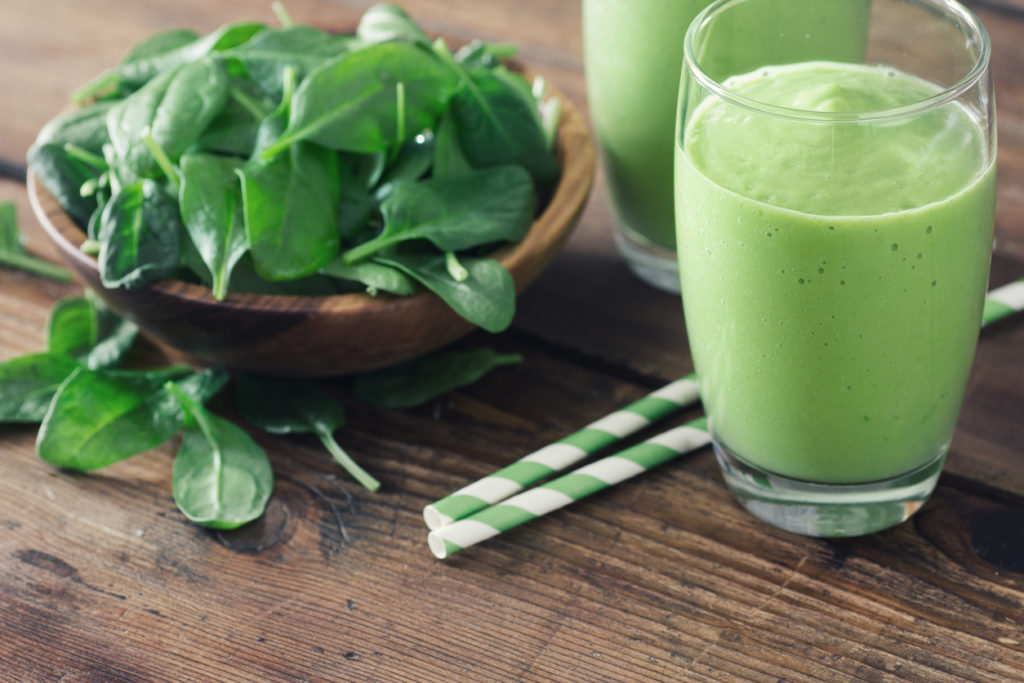
Tips for increasing daily micronutrient intake
Shakes are a quick and easy way to pack a lot of fruits and vegetables in a drinkable form. If you find it difficult to eat salads and snack on veggies during the day, pack as many leafy greens and vegetables into a cup, blend it, and then drink it down. You can also take it on the go. This allows you to have most of your micronutrients conveniently in a cup.
Here is my favourite shake creation:
#natefitkaleshake (blended): ~320 kcal (substitute for any meal) – Nutribullet
- 1 cup Kale = 33 kcal
- 1cup Spinach = 7 kcal
- ¼ of a lemon = 4 kcal
- 1 tbsp Chia Seeds = 73 kcal
- 1 tbsp Hemp hearts = 57 kcal
- 1 tsp Hemp oil = 40 kcal
- Pinch (the more the better) of fresh Cilantro = 5
- Pinch (the more the better) of Fresh Parsley = 5
- 1 Inch Piece of Ginger
- 1/2 cup Your choice of juice (I use Bolthouse farms) = ~80 kcal
- Add water if needed

About Nathaniel Ernst, B.Sc. (Exercise Science)
Nathaniel (Nate) Ernst is a registered Kinesiologist. A Precision Nutrition Certified Professional, and an Elite Personal Fitness Trainer. Nathaniel has a proven track record of achieving performance and results. Nate is an accomplished athlete, winning the National Physique and Athletic Association (NPAA) Canadian Championship title in Men’s Physique and has competed internationally as an International Federation of Physique Athletes (IFPA) Pro in the United States. He is the owner of NATEFIT Integrated Fitness & Nutrition Consulting. A company he founded by combining his passion for physiology, kinesiology, and for people, focusing his energy toward integrating proper movement and nutrition into the lives of his clients. Find him on Instagram @natefityyc or natefit.ca
